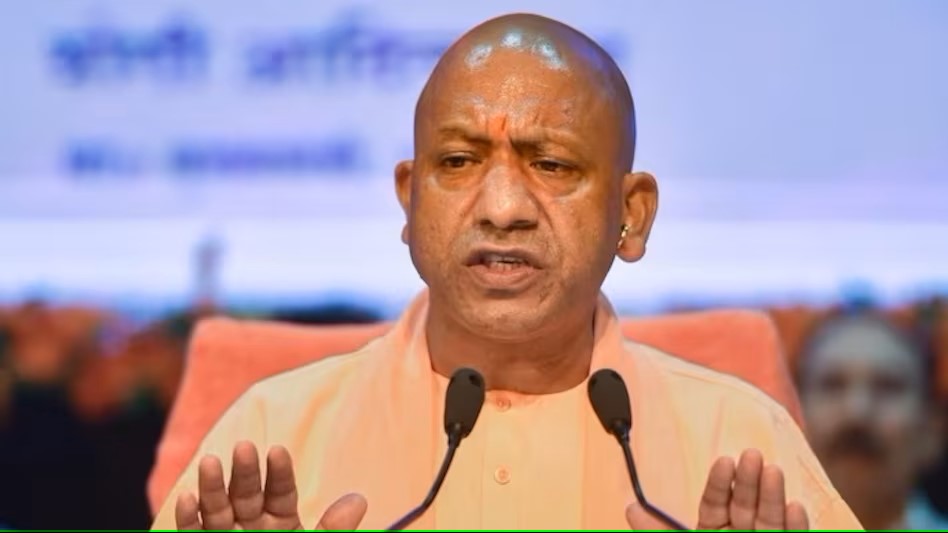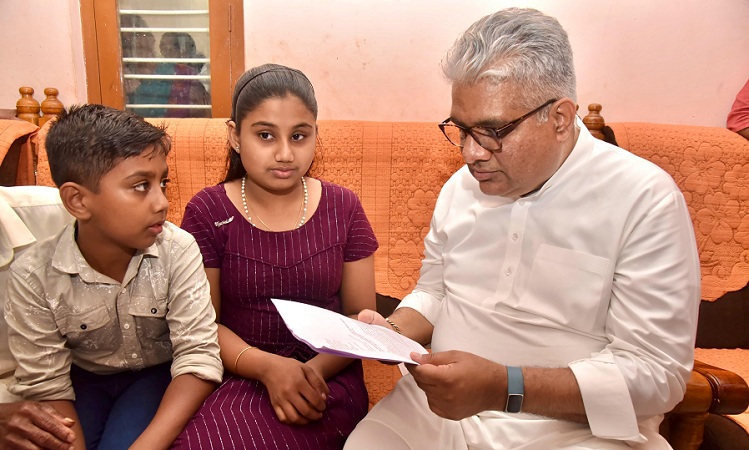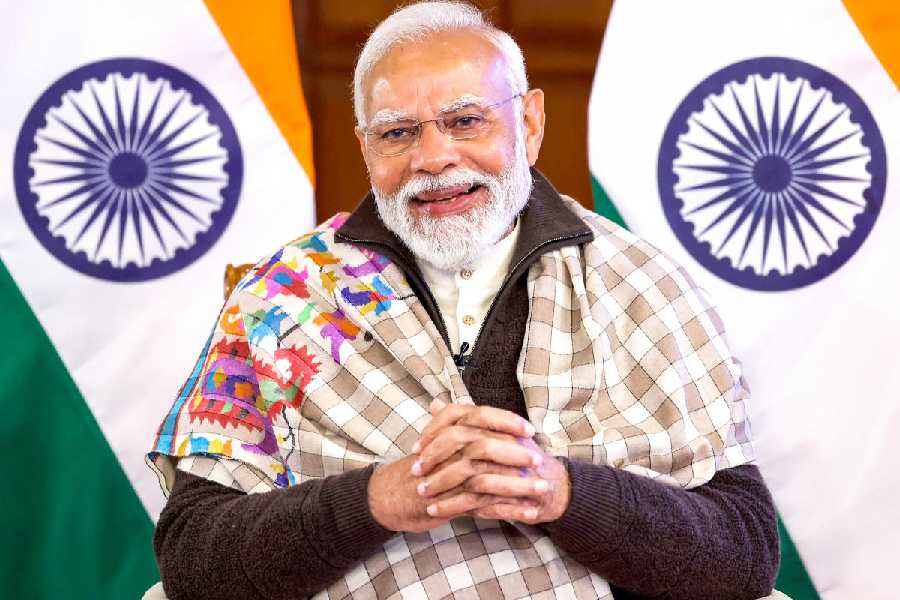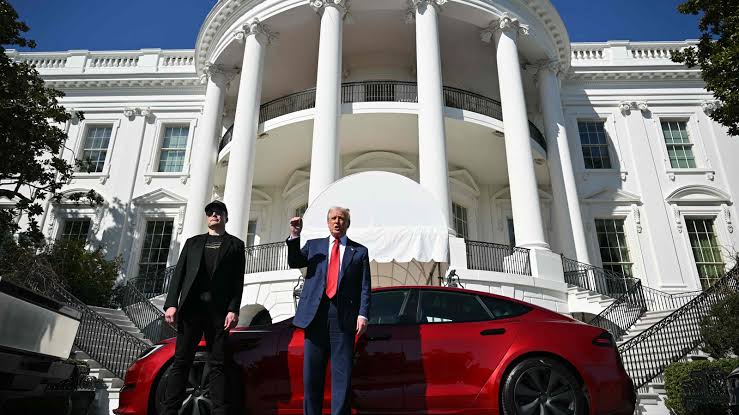Uttar Pradesh Chief Minister Yogi Adityanath’s recent comments regarding Kashi and Mathura have reverberated far beyond the borders of his state, igniting a firestorm of debate and unease within India and across the globe. His words, steeped in religious significance and hinting at a resolute pursuit of solutions, have reignited historical grievances and legal complexities surrounding these contested sites.
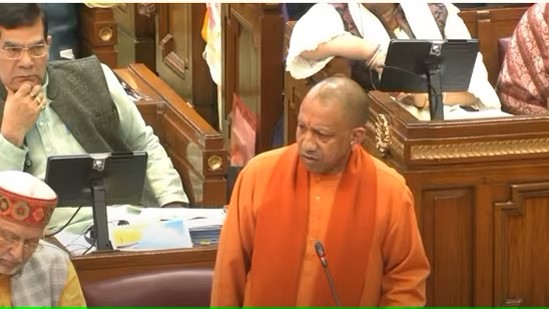 The Kashi dispute centres around the Gyanvapi mosque, believed by Hindus to be built on the ruins of a demolished temple. Similar claims surround the Shahi Idgah mosque in Mathura, believed to stand where Lord Krishna was born. Adityanath’s remarks, drawing parallels to the Ayodhya Ram Mandir issue where a grand temple now stands, suggest a potential push for similar resolutions in Kashi and Mathura.
The Kashi dispute centres around the Gyanvapi mosque, believed by Hindus to be built on the ruins of a demolished temple. Similar claims surround the Shahi Idgah mosque in Mathura, believed to stand where Lord Krishna was born. Adityanath’s remarks, drawing parallels to the Ayodhya Ram Mandir issue where a grand temple now stands, suggest a potential push for similar resolutions in Kashi and Mathura.
This stance aligns with the Bharatiya Janata Party’s (BJP) long-held promise to construct the Ram temple, a cornerstone of their ideology and a potent rallying cry for many Hindus. However, it also ignites concerns about escalating religious tensions, a criticism frequently levelled against the BJP by opposition parties. The statement’s impact transcends geographical boundaries, carrying significant weight due to:
- Adityanath’s Prominence: As the leader of India’s most populous state and with his party’s national dominance, his words hold immense power and influence.
- Historical Wounds: The statement touches upon a deep-seated grievance felt by many Hindus, potentially resonating with a vast national sentiment.
- International Scrutiny: Global media and human rights organizations are likely to scrutinize the developments, raising concerns about religious freedom and potential human rights violations.
- Strained Relations: India’s image in Muslim-majority nations, already strained by issues like the Citizenship
Finding a resolution for the Kashi and Mathura disputes demands navigating a labyrinth of historical, legal, and religious complexities. While adityanath’s statement highlights the issue’s importance, ensuring a peaceful and respectful outcome demands a multifaceted approach:
- Unveiling Historical Layers: A nuanced understanding of historical narratives, acknowledging diverse perspectives and avoiding simplistic interpretations, is crucial. Mere assertions of faith cannot be the sole arbiter of truth.
- Legal Clarity and Adherence: Respecting ongoing legal processes and adhering to judicial pronouncements are essential to ensure a just and sustainable solution. Bypassing the legal system sets a dangerous precedent.
- Interfaith Dialogue and Understanding: Fostering open communication and mutual respect between Hindu and Muslim communities is paramount to preventing communal discord and promoting social harmony. Inflammatory rhetoric and unilateral actions exacerbate tensions.
- Responsible Political Leadership: Politicians must prioritize national unity and social cohesion over divisive rhetoric or actions, fostering an environment conducive to peaceful resolution. Exploiting sensitive issues for political gain undermines the fabric of society.
The Kashi and Mathura issue remains an intensely emotive chapter in India’s history. Finding a solution that respects religious sentiments while upholding legal principles and ensuring social harmony requires a delicate balancing act. The journey ahead is fraught with challenges, but through a commitment to dialogue, understanding, and a just legal process, there may be a glimmer of hope for a peaceful resolution. The world watches with bated breath as India embarks on this complex and consequential endeavour.
However, the path forward is riddled with potential pitfalls. Failure to address these concerns could lead to:
- Escalating Religious Tensions: Communal clashes and social unrest could erupt, jeopardizing India’s social fabric and economic progress.
- Erosion of Secularism: India’s cherished principle of secularism, enshrined in its constitution, could be undermined, impacting its international standing and internal cohesion.
- Judicial Overreach: Bypassing the legal system could set a dangerous precedent, weakening the rule of law and eroding public trust in democratic institutions.
- International Condemnation: Global condemnation and potential sanctions could harm India’s international relations and economic partnerships.

